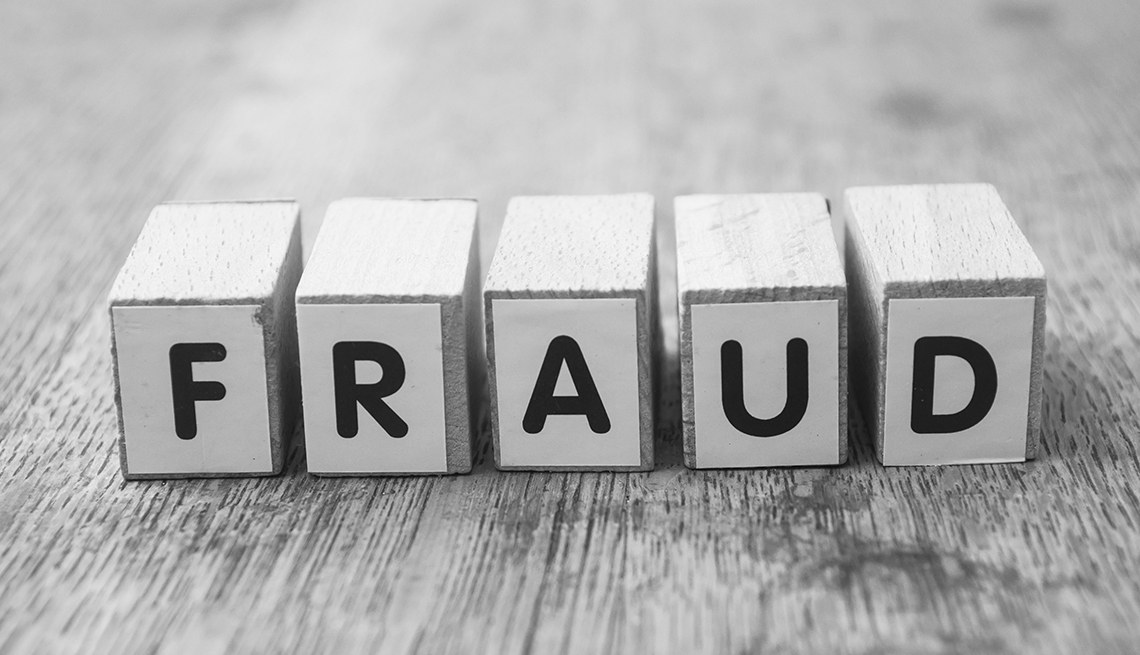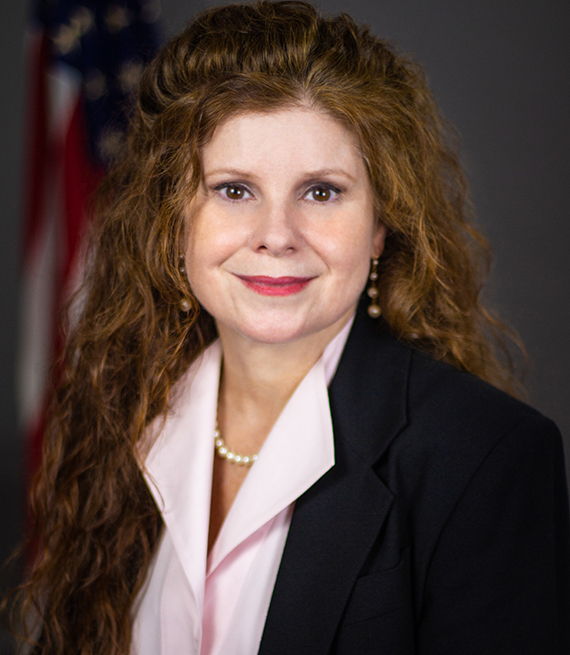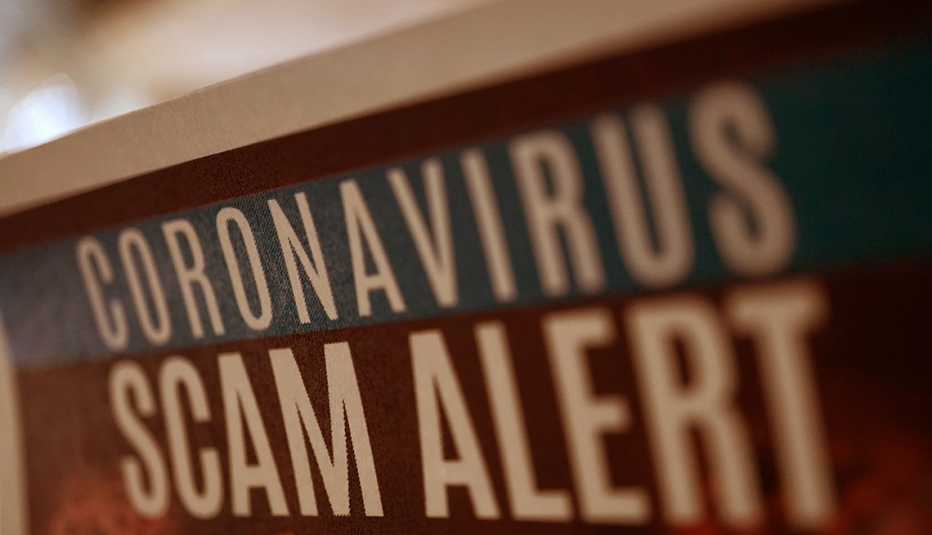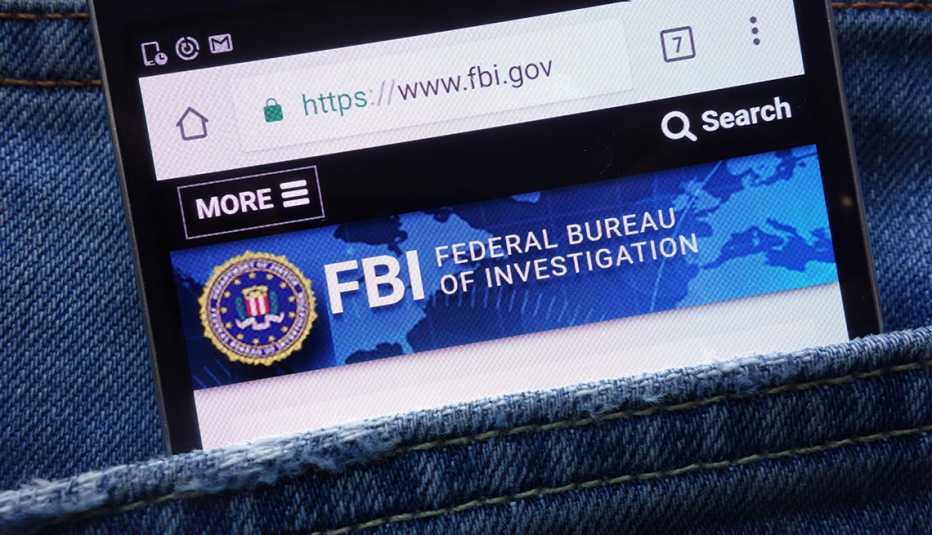AARP Hearing Center
Criminals are targeting older Americans on Medicare using a variety of fraud schemes tied to the coronavirus pandemic, a government official warns.
In normal times, swindlers try everything from A to Z to deceive, but now many are zeroing in on the letter “C,” using COVID-19 as they lie, cheat and steal.
Often the goal is to steal your Medicare number or your money, says Nenette Day, assistant special agent in charge at the Department of Health and Human Services Office of Inspector General.
Her office, which fights waste, fraud and abuse in Medicare and other HHS programs, has received 1,500-plus fraud complaints tied to COVID-19 in recent months, Day says.
"When you see a volume like that, you know that the problem is much bigger,” Day notes, saying that many frauds go unreported because victims may be embarrassed or not know where to report the crime.
Two critical prevention tips
Keep two things in mind to avoid getting ripped off, she says.
- Medicare will never contact you out of the blue in a phone call, email, text message or social media post. Unsolicited communications are a red flag.
- Medicare will never ask you for your Medicare number (it already has it) or other sensitive data, such as a credit card number.
Day urges people to keep a script by the phone and use it to thwart the crooks: “I do not give out personal information in an unsolicited call."
If an unsolicited caller purports to be from, say, your doctor's office, do due diligence and call the office using a phone number that you know is genuine.








































































